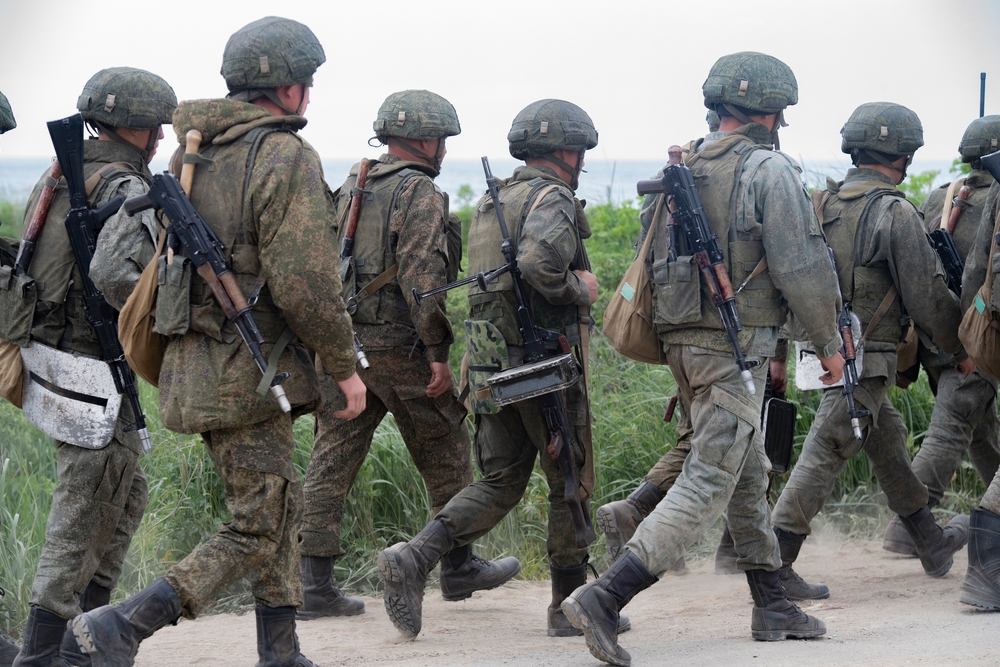Experts are questioning how Russian commanders were caught so off-guard
Others are reading now
Ukrainian forces launched an unexpected attack, penetrating approximately 35 kilometers into Russian territory by the weekend.
Declare State of Emergency
The operation, which has become a significant embarrassment for President Vladimir Putin, prompted the Kremlin to declare a state of emergency in three regions and order a counteroffensive against the Ukrainian troops.
Experts are questioning how Russian commanders were caught so off-guard in what was expected to be a heavily fortified border region. Russian military analyst Vladislav Shurigin criticized the Russian command for dismissing intelligence reports that indicated Ukraine was planning a cross-border assault.
According to Shurigin, the Ukrainian strategy exploited the slow and bureaucratic nature of the Russian command system, conducting continuous, unexpected strikes against sensitive infrastructure and civilian targets to create dissatisfaction and disillusionment.
Also read
A Systemic Issue
The Institute for the Study of War reported that the Russian military’s response was chaotic, with units rapidly deployed from various regions struggling to communicate and coordinate effectively.
Sergey Markov, a Kremlin-affiliated political analyst, told The Washington Post that the failure to act on intelligence signals was a systemic issue within the Russian military structure.
“It is clear that the signal came from intelligence to the leadership, but no action was taken. This is a failure of the entire intelligence system and, since Putin is at its head, it is clearly a blow to him,” Markov stated.
Estonian security expert Rainer Saks added that the Ukrainian operation succeeded mainly because the Russian military and political leadership were completely unprepared for such an event.
The Russian military has faced criticism throughout the conflict with Ukraine for poor decisions that have led to unnecessary losses and tactical defeats.
Although there has been slow but steady progress in the Donetsk region, Ukraine’s incursion into Kursk has renewed concerns about the effectiveness of Russia’s military command, which, according to a March Congressional report, is often overly rigid and slow to adapt.


